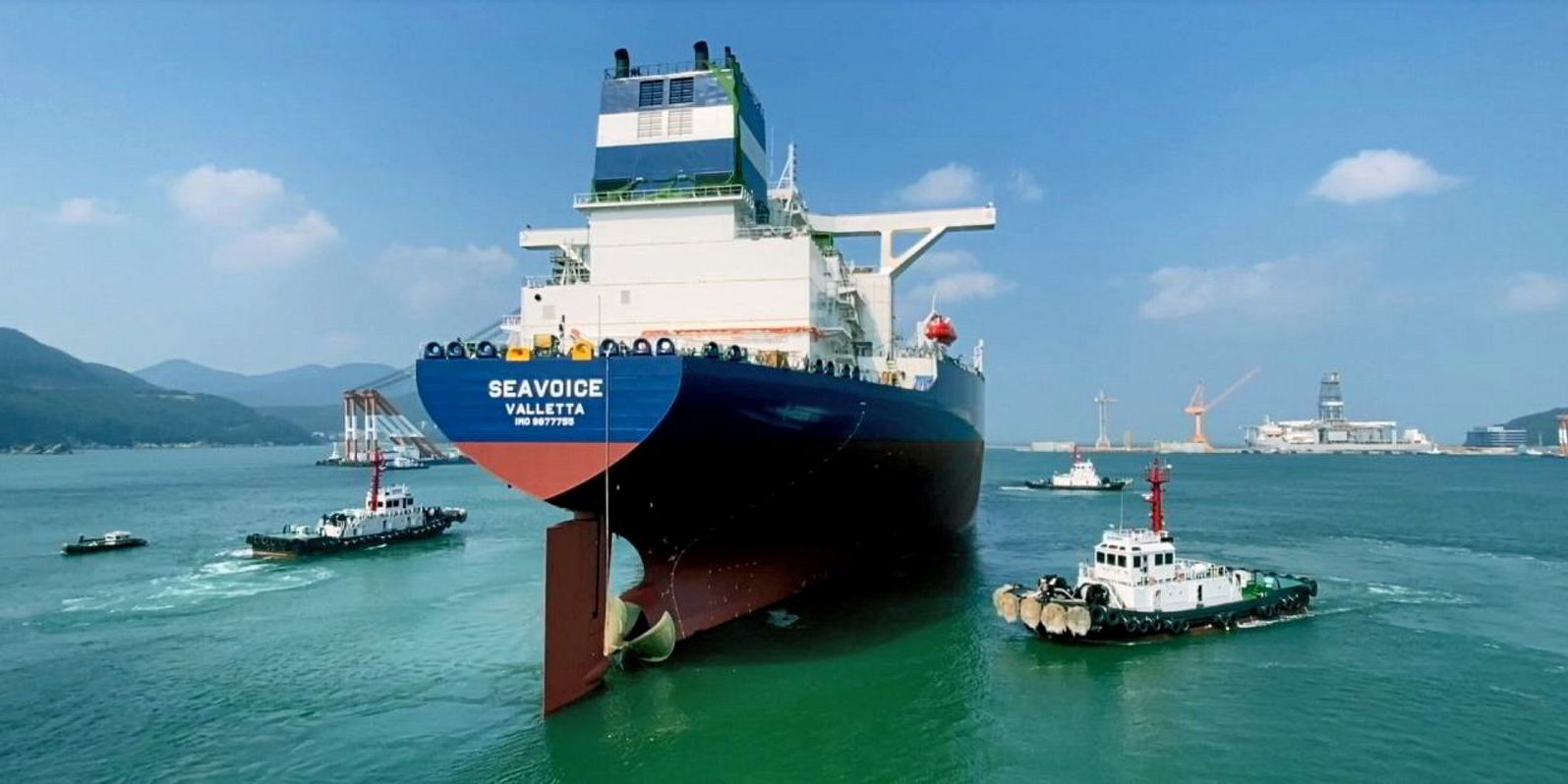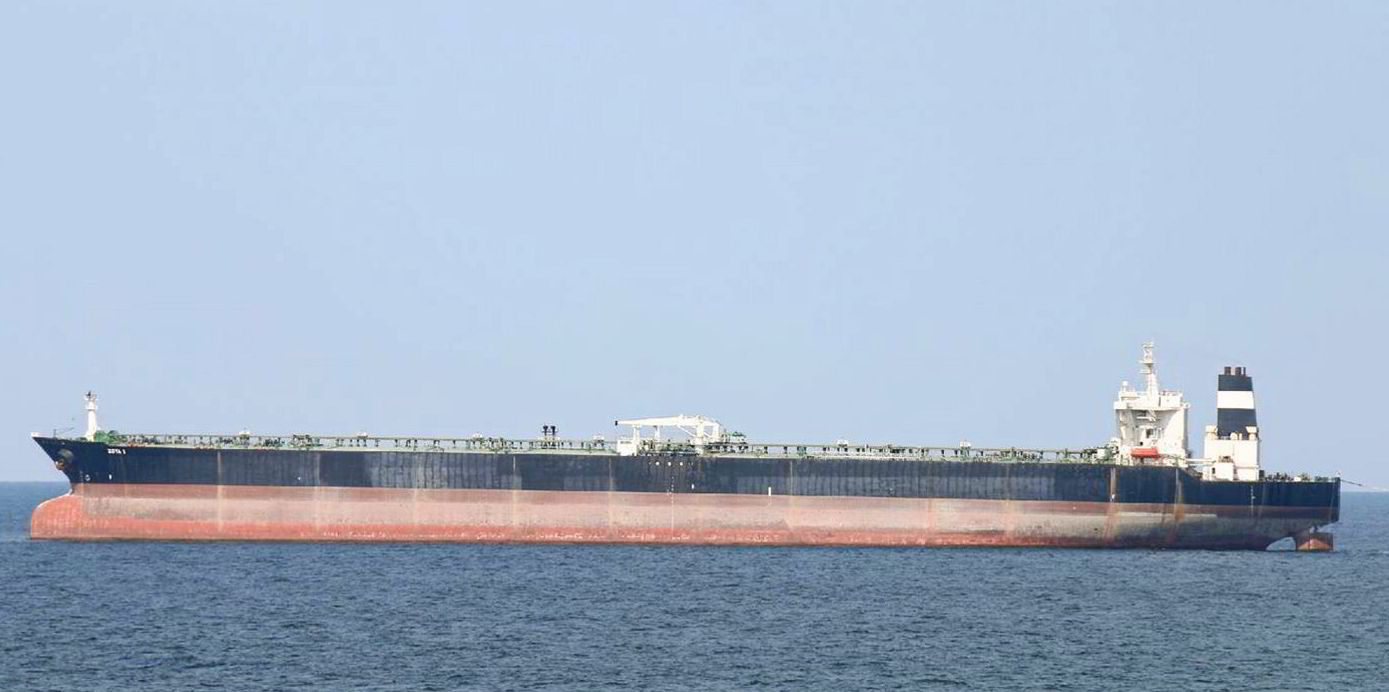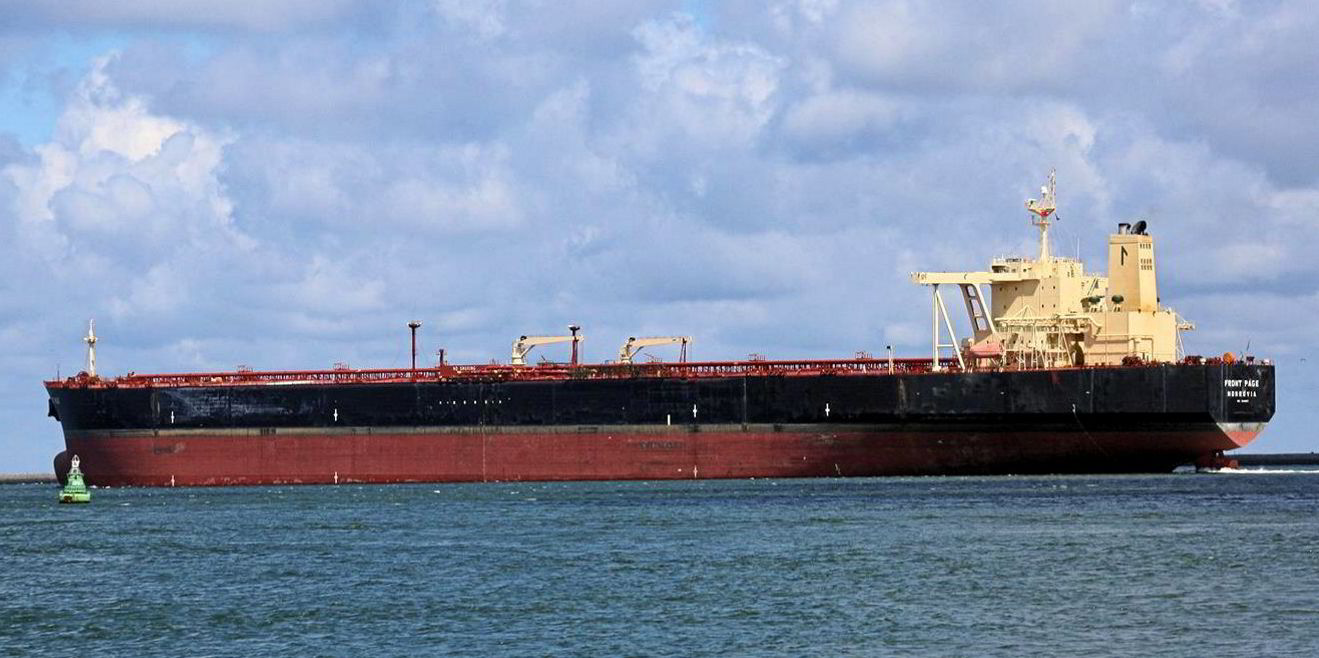Clarksons Research has revised tanker asset prices down again as enquiries for modern vessels wane.
The UK company, a division of shipbroking giant Clarksons, said values have fallen despite tanker owners being largely flush with cash as a result of the strong market seen earlier this year.
A number of VLCCs have been changing hands in recent weeks, but many of these have been elderly ships and have not been enough to keep prices buoyant.
Resale VLCCs from shipyards are assessed at $88m and five-year-old vessels at $63m, both down $1m over the past week and $2m over the last month.
Investment banking arm Clarksons Platou Securities, said that since their January 2020 highs, resale VLCC prices have plunged $18m. Prices for five-year-old tankers have dropped $14m.
"These declines of 17% to 18% are reflected in the other tanker asset classes as well and current values are roughly in line with the lows seen during the 2018 trough," said Clarksons Platou managing director of research Frode Morkedal and head of US securities Omar Nokta.
Stocks remain at a discount
They added that tanker equity valuations remain at a wide discount to net asset value (NAV), with crude stocks 70% of NAV and product carriers at 50%.
"At today’s share prices, the markets are valuing public crude tanker equities at the VLCC resale equivalent price of $80m, which is below construction costs of $84m, and product equities at an MR resale equivalent at just $30m, compared to newbuilding costs of $34m," the analysts said.
Clarksons Platou views this as "somewhat understandable" given the low level of cash flows being generated in weaker markets.
"The vaccine news may, however, start to finally reverse the current trend," the analysts added.
Last month, Norway's Hunter Group sold the 300,000-dwt, scrubber-fitted Hunter Laga and Hunter Saga (both built 2019) for a combined $168.4m, or $84.2m each.
But other shipowners have been busier selling much older tonnage.
Fleet disposed of
ADS Crude Carriers has offloaded its fleet of three 2002-built VLCCs for $25.5m each, while Embiricos achieved a similar price for the 319,400-dwt VLCC Skopelos (built 2002).
Onassis family-controlled Olympic Shipping & Management and NGM Energy have also been selling veteran VLCCs.
Norwegian investment bank Cleaves Securities said that, despite an early buzz of activity, average spot VLCC earnings fell to $11,000 per day on Friday, which marked a one-week decline of 11%.
"Although spot rates were close to unchanged in terms of Worldscale, higher bunker prices saw time charter equivalent earnings drop 13% to 34% on various routes ex-Middle East Gulf," head of research Joakim Hannisdahl added.
Suezmax earnings rose another 28% week on week to $9,000 per day, with aframaxes keeping pace at $6,000 per day, up 27%, however.
Looser pandemic restrictions in India are stirring demand and refinery runs, buoying Atlantic basin imports and helping explain stronger earnings from West Africa and the US Gulf, the investment bank said.
"In China on the other hand, there is plenty of crude available already which has depressed the Chinese crude market (Shanghai futures) to around $3 per barrel below Middle East crude," Morkedal and Nokta said.






